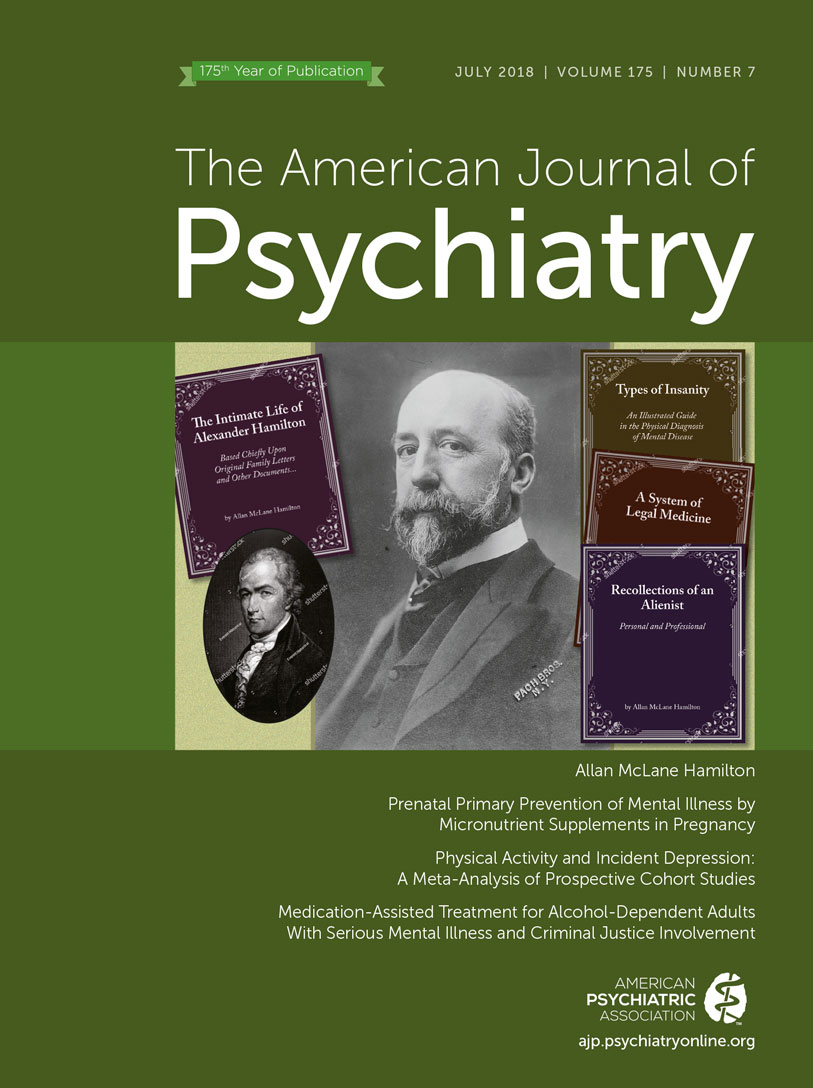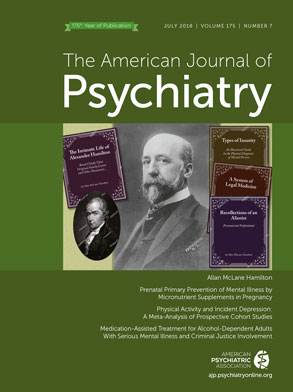To the Editor: Dr. Berlin and colleagues raise several points regarding our article, and we would like to provide our response to their validity. We have observed that some women experience mental discomfort with hormonal contraceptives that leads to their discontinuation. Our study addressed this subpopulation of “sensitive women” who may be expected to also experience mood changes or mental disorders when exposed to other life events. The increased risk of suicide attempts and suicides in former users of hormonal contraceptives may be considered as a selection phenomenon, whereby the most sensitive women are at high risk of depression, suicide attempts, and suicides whether they are exposed to hormonal contraceptives or not. In this scenario, the use of hormonal contraceptives may be the first “test” of their sensitivity.
Therefore, our study expected that former users, a high proportion of whom were women ceasing their use of hormonal contraceptives due to mental side effects, would demonstrate an increased risk of depression, suicide attempts, and suicides. Those women who feel benefits with hormonal contraceptives are not likely to stop using them and will consequently be a selected group of women tolerating and benefiting from hormonal contraceptives. The fact that many women benefit from hormonal contraceptives does not preclude the possibility that the same products may heavily influence mood in other women. Our study specifically compared users of hormonal contraceptives with never-users. The never-users group included those using other types of contraception. The letter from Berlin et al. references a study by Keyes et al.; however, we have already addressed the issues with this study in our original publication on hormonal contraceptives and depression (
1). The Keyes study excluded data on women younger than age 25, despite having access to such data. Next, the study assessed only depression and suicide attempts in women having used hormonal contraceptives for more than 10 years. Therefore, the study by design excluded the assessment of depression and suicide attempts in women who were just starting the use of hormonal contraceptives, and the study assessed only those women who tolerated the products so well that they used them for more than 10 years. Therefore, the study excluded all women who, because of depression or suicide attempts, stopped taking hormonal contraceptives within the first 10 years of use. In our opinion, that is not an acceptable design to address the issue we addressed in our study.
In our analysis, we specified the psychiatric diagnoses that, if present before study entry, led to exclusion. These diagnoses included organic diseases (ICD-10 codes F0x), manic episodes (F30), bipolar affective disorder (F31x), schizophrenia (F2x), and mental retardation (F7x). We have no reason to believe, however, that such diseases should make women more likely to use hormonal contraceptives. If such conditions should explain the increased risk of suicide attempts and suicide with use of hormonal contraceptives, these conditions should arise at the same time as the use of hormonal contraceptives due to the close temporal association, which seems highly unlikely. The same issue applies to smoking. First, the proportion of smokers among women using hormonal contraceptives is similar to that of nonusers. Next, if smoking should explain the increased risk of suicide attempts and suicides among users of hormonal contraceptives, those women should have an increased risk of suicide attempts and suicides also before they began using hormonal contraceptives. That was not the case. Therefore, smoking cannot explain the rapid increase in depression, suicide attempts, and suicides just after starting use of hormonal contraceptives.

